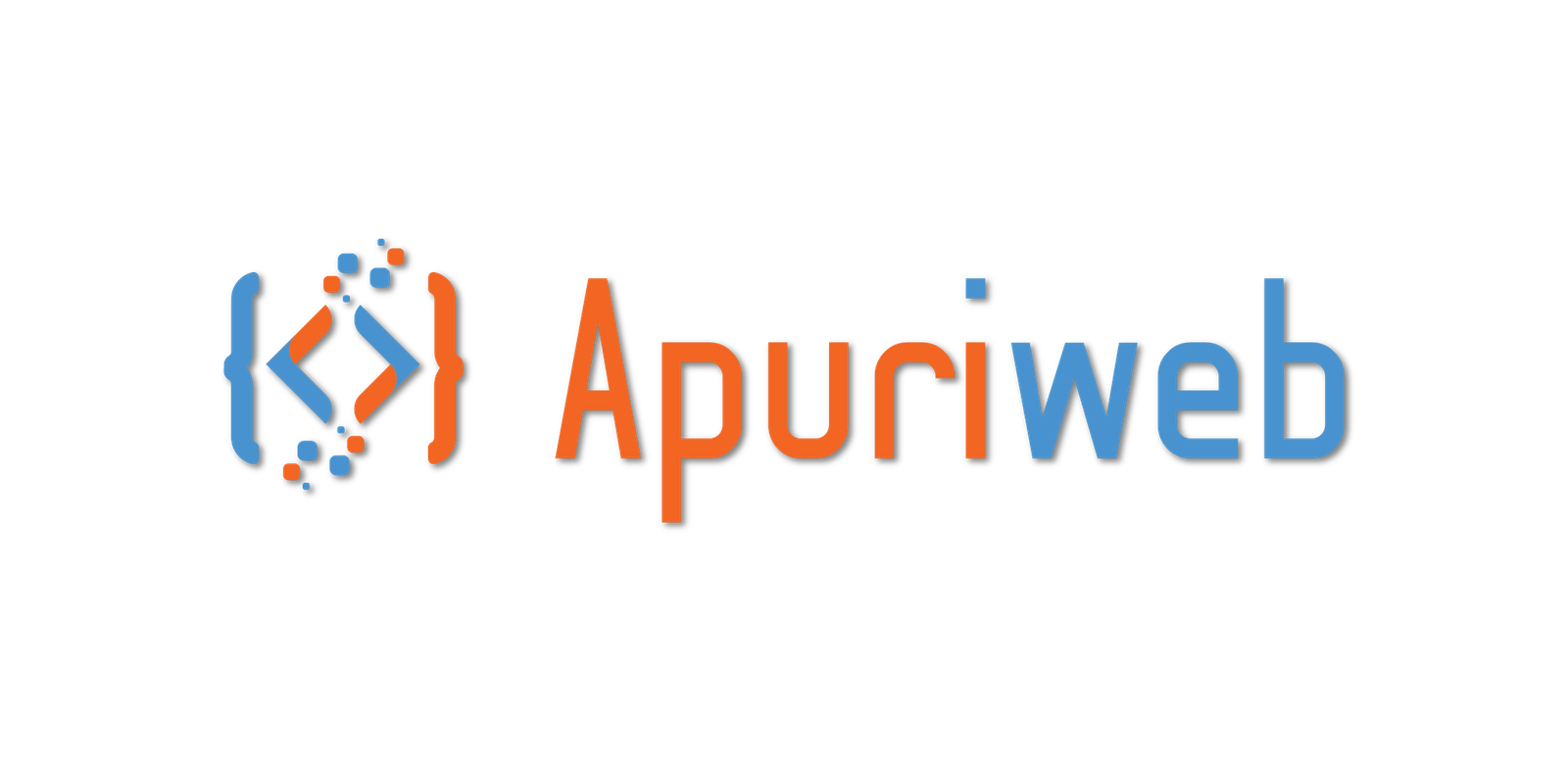AI tools have significantly simplified content marketing by automating various processes, providing insights, and enhancing overall efficiency. Here are some ways AI tools are making content marketing more streamlined:
Content Creation:
- AI-powered tools can generate content, including articles, blog posts, and product descriptions. These tools use natural language processing to understand context and create human-like content.
Content Curation:
- AI algorithms analyze vast amounts of data to curate relevant content. Tools like Curata and Scoop.it help marketers discover and share content that aligns with their audience’s interests.
SEO Optimization:
- AI helps marketers optimize content for search engines by analyzing keywords, suggesting improvements, and predicting what content is likely to perform well based on search trends.
Personalization:
- AI enables personalized content recommendations based on user behavior, preferences, and historical data. This personalization enhances the user experience and increases engagement.
Chatbots and Conversational Marketing:
- Chatbots powered by AI engage with users in real-time, answering queries, providing information, and guiding users through the customer journey. This improves user interaction and satisfaction.
Social Media Management:
- AI tools assist in social media management by automating posting schedules, analyzing engagement data, and suggesting optimal times to post for maximum visibility.
Email Marketing Automation:
- AI-driven email marketing tools automate processes such as segmentation, personalization, and A/B testing. This results in more targeted and effective email campaigns.
Predictive Analytics:
- AI predicts content performance based on historical data, allowing marketers to focus efforts on topics and formats that are likely to resonate with their audience.
Visual Content Creation:
- AI tools like Canva and Adobe’s AI features assist in creating visually appealing content, generating design suggestions, and even automating the design process for specific elements.
Content Editing and Proofreading:
- AI-powered tools like Grammarly help in proofreading and editing content, ensuring it is grammatically correct, free of errors, and aligned with a specific writing style.
Content Distribution:
- AI algorithms analyze user behavior to determine the most effective channels and times for content distribution. This ensures content reaches the right audience at the right time.
Competitive Analysis:
- AI tools gather and analyze data on competitors, helping marketers understand industry trends, identify content gaps, and refine their own content strategies.
Content Performance Measurement:
- AI-driven analytics tools provide in-depth insights into content performance, including user engagement, conversion rates, and other key metrics. This data informs ongoing content strategies.
Sentiment Analysis:
- AI tools analyze social media mentions, comments, and reviews to gauge audience sentiment. This information helps marketers understand how their content is perceived and make adjustments as needed.
Automated Reporting:
- AI automates the reporting process by compiling and presenting data in easily digestible formats. This saves time and allows marketers to focus on strategy rather than manual reporting.
By leveraging AI tools in these ways, content marketers can streamline their workflows, increase efficiency, and deliver more targeted and personalized content to their audiences.
